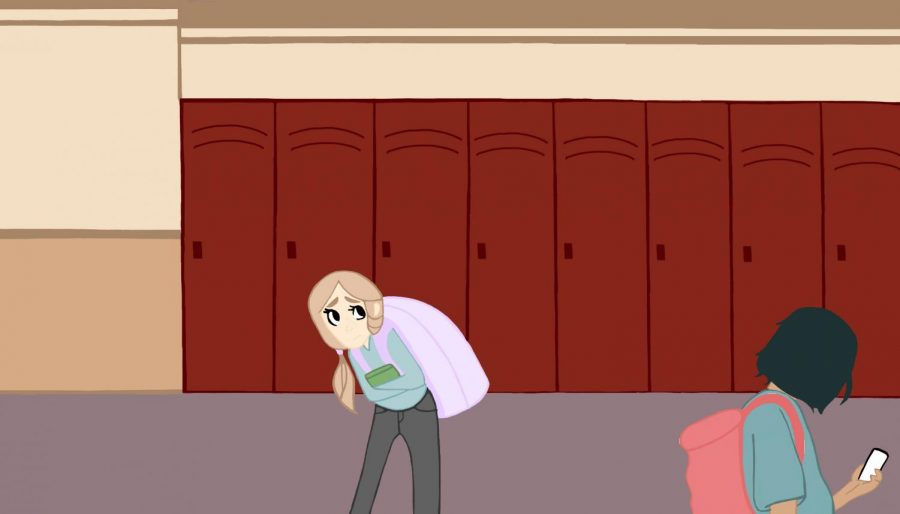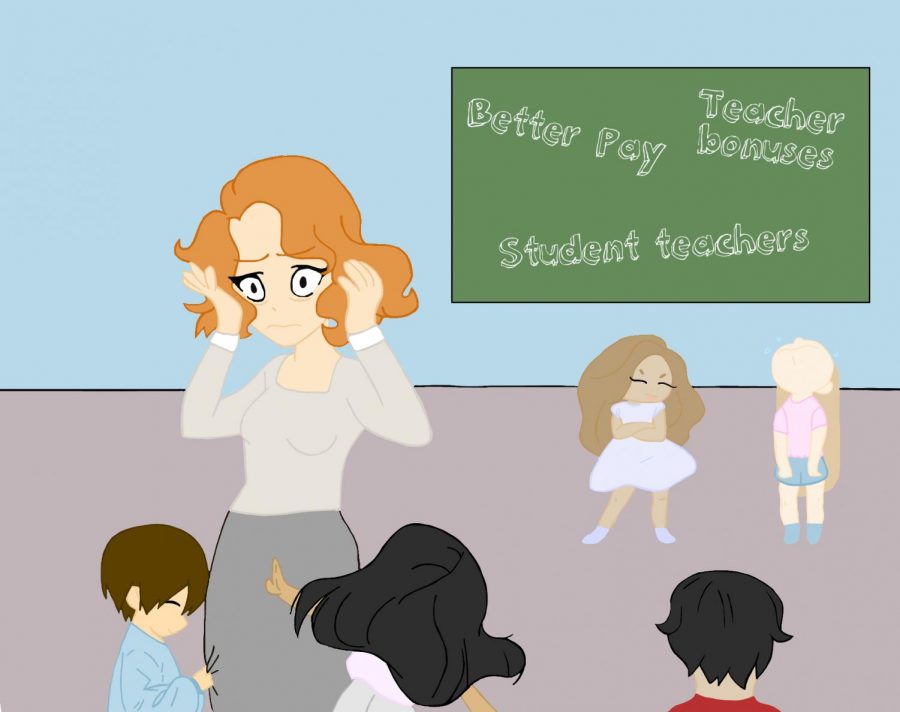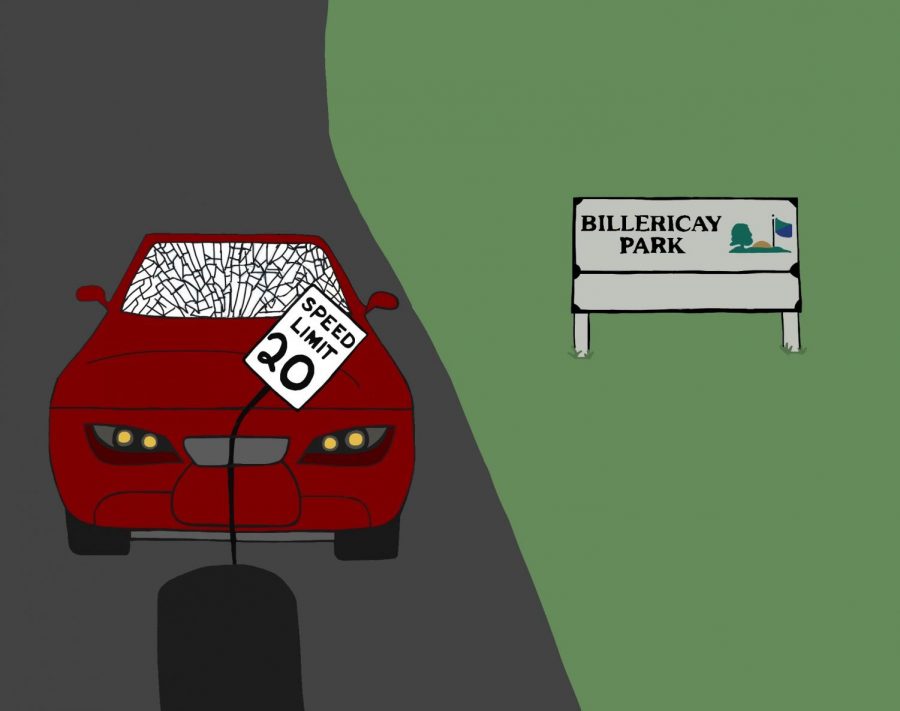We hear the term “bullying” used on a daily basis, but it is not used in the same ways that are reported in the news. We students use it in a different way. For example, we see two students who are friends, one of them says something mean to the other student but they both know it was a joke yet they will still call to the teacher and say “So and so is bullying me.” This is not at all a good example of bullying.
If the term bullying continues to be thrown around like a joke, there is a great possibility the issue itself will not be taken seriously or get any better, and we want to stop this issue and start preventing real bullying as soon as possible.

In the presentation about bullying on Oct. 4 it was clearly and repeatedly stated that bullying is when someone hurts you over and over again, such as name calling or teasing. Yes, our school is a no tolerance school but if both students know it is a joke and do not actually feel emotionally hurt there is no point of calling it bullying.
People cope with problems differently because we are all unique. Sometimes it depends on the situation because we cannot always assume other how the other person feels. Name calling and teasing would become real bullying when the victim actually feels emotionally abused, then one should report it and actions should be taken immediately. If actions are not taken immediately, the victim may harm him or herself, avoid coming to school or even build up some sort of hatred and plan to do something to harm their bullier.
As young members of society, we have unconsciously created a different definition of bullying. We are all aware of the seriousness of this topic but bullying has been happening so often that it has become almost normal and we made it into a slang. Students use the word bullying in replacement of “being mean,” “messing around,” “joking,” etc. When we use the term like this, it sounds like we are underestimating the issue or that we are even a bit ignorant. The impact of true bullying is such a serious issue, we should not make the term less than it already is by joking about it.
We have all heard of the Columbine shooting that most believe was due to bullying. According to DoSomething.org (a non-profit organization that has the goal for young people to take action around social issues), 75 percent of school shootings incidents have be linked to harassment and bullying. So many incidents have gone too far that laws all over the nation have been made against bullying. These laws are preventing these dangerous outcomes.
DoSomething.org also states, while physical bullying has increased in elementary school, peaked in middle school and declined in high school, verbal abuse remains constant. This issue is not getting better, while schools are under more pressured to resolve it. If we could lessen the use of the word “bullying” or completely dispose of it from our daily vocabulary it could help the seriousness of the issue. Most of us have witnessed bullying sometime in our lives, and we have personally experienced the issue ourselves. Using the word “bullying” as a joke or when we are “messing around” is not necessarily accurate. Schools are still to be responsible for bullying but students can help handle real bullying incidents by opposing the slang term.







